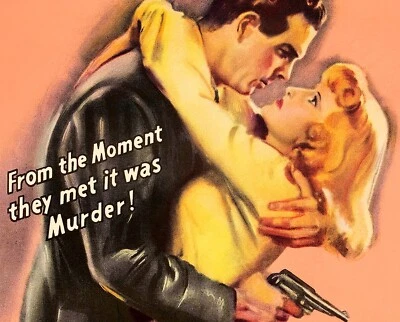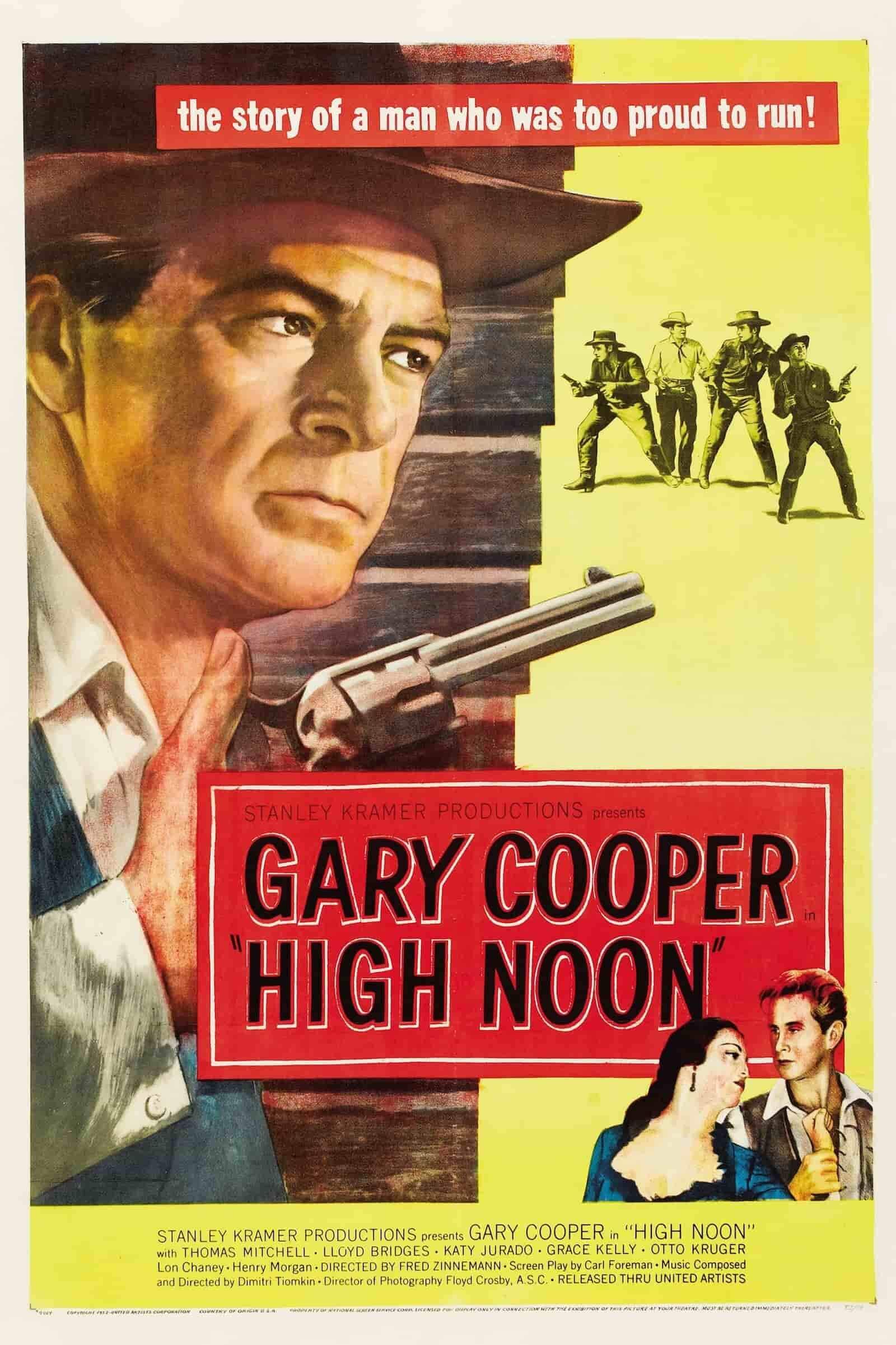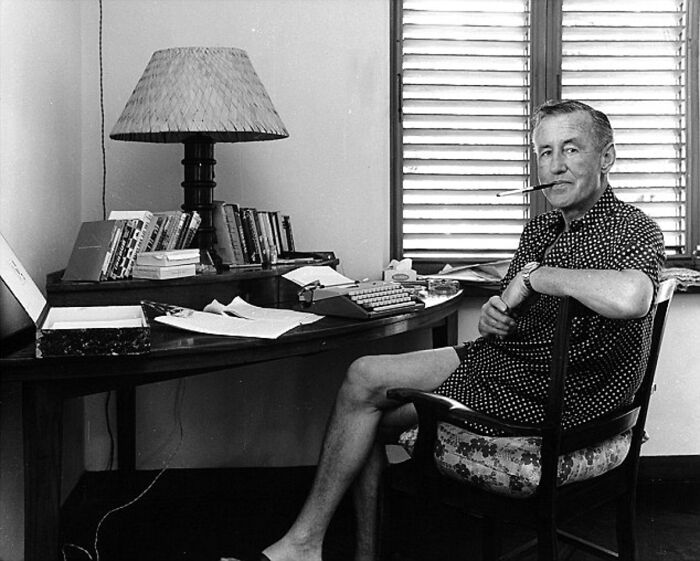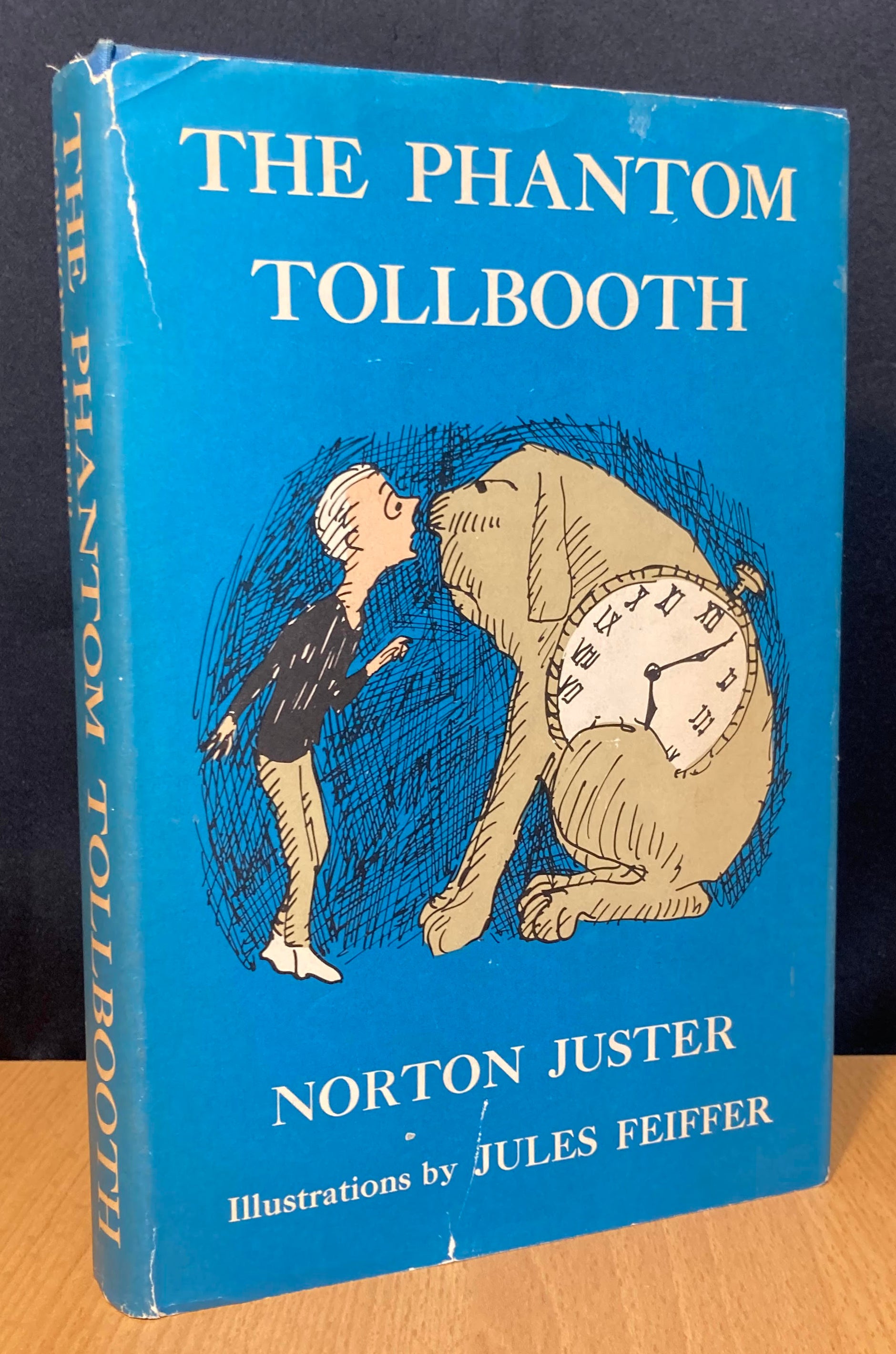By PJ Parrish
When I am anxious, I clean.. And since I am facing a flight to Detroit soon, I’ve gotten a lot done around the house these last couple days. Just hauled three bags to the Goodwill, including my 1990s skinny jeans and a cocktail dress I bought to go to the Edgars and never wore because I couldn’t figure out how to deal with a strapless bra. But my crowning achievement came when I found an old external drive while cleaning out my office.
When I plugged it into the laptop, up popped NINE books my sister Kelly and I had abandoned over the last two decades. They ranged from dumb ideas for our series character (Louis Kincaid goes to Nevada and solves a murder at Burning Man!) to a really gruesome attempt at erotica called Tarentella. (Opens with an American woman ah…bobbing for apples under a table at an Italian restaurant). It was like an out-of-body experience reading this stuff. Who WAS this person who wrote this junk?
In the end, it was humbling but really instructive. It made me realize I learned a lot since 1998. So I thought I’d pass along the five writing lessons I got out of this:
- Never let backstory go on for four pages or more.
- Please, dear god, please let something happen.
- Don’t write action scenes that sound like two squirrels fighting a death match on a metal bird-feeder.
- Don’t let your protag sit there like a stump.
- When it comes to description, metaphors and setting the scene, try to not mimic some Forties noir hack.
I’m going to show you a couple of our failures here in the hope you won’t let this happen to you. First up is First Page Self-Flagellation, my attempt at romantic suspense, circa 2005.
FRENCH TWIST
I should have shot him. I should have shot him right where he laid, right between the legs.
Let me tell you how close I came. I actually drew the Glock and leveled it at Sid’s nuts. I aimed at the right nut because I really wanted to hit the left one and I knew from experience that my Glock had a sighting problem to the side.
But I didn’t shoot. And Sid’s left testicle – and Sid — lived to see another day.
No, I eased off that trigger, turned around, and walked out of our bedroom, leaving my husband and his secretary Tammy all tangled up in blue percale. It was the right choice. If I had shot him I would have maybe gone to prison, certainly lost my job, and ruined a brand new set Ralph Lauren Southampton Seabreeze sheets.
I made a choice and I walked out. On Sid. On our remodeled home in Garden City Michigan. On my fifteen years on the Westland Michigan police force. On my idea of everything I ever thought I was supposed to be.
It was a choice that saved Sid’s life.
And maybe mine. Though that part is still up in the air.
“Madame?”
I looked up.
“Voulez-vous prendez un boisson?”
I stared.
The waiter rolled his eyes. “You want a drink?”
“Oh, yeah. Vin. Red. Rouge, I mean.”
The waiter slithered away and I went back to contemplating my new perspective on life. At this particular moment, my perspective is a corner table at Le Select cafe, at the intersection of rue l’Odeon and rue Racine, Paris, France. It’s about as far away from my old perspective as you can get.
I’m a cop, you see. Well, I was a cop. And I was a good cop, logging twenty-five years on the mean streets of suburban Detroit, busting kids for illegal skateboarding, rescuing cats from sewers and breaking up domestics at the Dunroven Retirement Village. I never caught a big case, but I was good. Good enough to make it to junior grade Detective but not good enough to make it to anything else that added one more word on my gold badge – a word like sergeant or lieutenant or God forbid, Captain.
There had been rumors that a female had made Detective Captain once, a long time ago. We had heard her name was Zelda Van Meister and she reportedly was shot and killed during a pursuit sometime around 1966, but no one could find any record of it and she wasn’t listed as one of our fallen officers, so no one seemed to know for sure. The old men who had been around in the sixties wouldn’t speak of her, but the women…
To us, she had become a legend and we spoke of her in whispers, as if she was a powerful spirit who continued to hang around the station to give us strength in mysterious ways.
__________________________
I kind of like the opening paragraph. But as you can see, the rest is backstory gone bad. (It goes on for three more pages). NOTHING HAPPENS. And I relied on TELLING about the protag (nameless!) instead of revealing her background and charcter by SHOWING. Here’s how I would write it now: New stuff in red.
FRENCH TWIST REDUX
I should have shot him. I should have shot him right where he laid, right between the legs.
Let me tell you how close I came. I actually drew my Glock and leveled it at Sid’s nuts. I aimed at the right nut because I really wanted to hit the left one and I knew from experience that my Glock had a sighting problem to the side.
But I didn’t shoot. And Sid’s left testicle – and Sid — lived to see another day.
No, I eased off that trigger, turned around, and walked out of our bedroom, leaving my husband and his secretary Tammy tangled up in blue percale. It was the right choice. If I had shot him I would lost my job as a cop on the Westland Police Force, maybe gone to prison and for sure ruined a brand new set of Ralph Lauren Southampton Seabreeze sheets.
I made a choice. It was a choice that saved Sid’s life. And probably mine. Though that part is still up in the air.
“Madame?”
I looked up.
“Voulez-vous prendez un boisson?”
I stared.
The waiter rolled his eyes. “You want a drink?”
“Oh, yeah. A glass of red wine, please.”
The waiter slithered away and I went back to contemplating my new perspective on life. At this particular moment, my perspective is a table at Cafe L’Alibi on rue Duc in what I’ve come to learn is a dodgier part of Paris. But the one-star hotel next door was all I could afford, and it was far from the Eiffel Tower as you can get, And as far away from my old perspective as I needed.
The wine came, but before I could take a drink, I heard a screech of tires and then a scream.
I looked out toward the street just in time to see two men grab a woman. She was fighting hard, screaming loud. One man ripped her hijab off her head, and as they pushed her into the car, I got a good look at her long black hair, whipping arround her terrified face.
I jumped up and ran toward the car. As it raced away, I caught the last three numbers on the plate — 445. It took me a second to realize my hand was poised on my right hip where my Glock used to be holstered.
See the difference? There’s enough backstory to establish her context professionally and emotionally. She’s trying to escape her past and yet she can’t escape what she is — a good cop. The rest of her backstory, including the cool stuff about Zelda can come in a later chapter.
LESSON NO. 1: Yes, use some backstory to make us care about the protag, but get the story moving as quickly as you can.
Number 2: This is a stand alone we started very early in our writing partnership, before we decided to do a series instead. We were struggling with plot and our agent suggested some thrillers for us to read to get our gears going. Here goes nuthin:
MEMPHIS BLUES (good lord…)
Richard ran down the alley, gun out, breathing hard. The suspect turned left somewhere between the dumpsters or maybe before them. He couldn’t see. A streetlight flickered. Sirens wailed. Somebody yelled something over the radio but the words were static.
He jumped over a fence. The killer—he thought it was the killer—was a blur in a dark jacket, running ahead. The street names didn’t matter. He thought they were near Cowden Avenue or maybe over by Patterson Street.
The radio squawked again. He shouted into it, “I got him!” or “I lost him!”—he wasn’t sure what he said. It was lost in adrenalin.
A car screeched at the corner. Headlights hit the wall and made everything white. Then dark again. Richard slipped on something—ice, water, whatever—and slammed his shoulder into brick. His gun hit the ground. He picked it up, dropped it again, then ran. His heart hurt. He heard footsteps ahead. Or maybe just echoes.
He thought he saw a figure dart behind a stairwell. He pointed his gun and shouted, “ “Freeze!” But the guy didn’t. He ran harder.
The guy turned another corner. Richard followed but there were two turns, and he wasn’t sure which one. He went right. Wrong one — a dead-end alley. He turned back. The killer was gone.
He ran again anyway. His phone buzzed. His partner’s name flashed. He ignored it. A siren wailed closer. A figure darted ahead. He raised his gun. People screamed…people just people in the way. Richard lowered the gun and kept running.
At the next block, he stopped. Nothing. No sound. No one there. Then a door slammed somewhere. Richard ran to it, shouldered it open, went up stairs that smelled like fried food. A flouresent bulb blinked overhead. The hallway twisted left, right, then dead-ended.
He stopped. Listened. Nothing. Just his own breathing and a TV in another room. He looked around. Empty. He holstered his gun. Outside, another siren screamed. He leaned against the wall, dizzy, straining to hear if the killer was above or below or anywhere at all.
He couldn’t tell.
______________________
As we say here often, ACT first and EXPLAIN later. But do you see the problem? The chase goes on way too long, it’s numbingly repetitious, and as noisy as two quarreling squirrels.
We wrote this way back in 1998, and I can’t think of any way to salvage it. Because Richard is a cipher. He lacks personal context. He’s a faceless cop chasing a faceless guy with not a hint of motive. And Richard seems sort of dumb, doesn’t he? His thinking is fuzzy. (“He couldn’t tell…He couldn’t see…”) We confused obtuseness for suspense. Remember Hitchcock’s movie, The Man Who Knew Too Much? This is the man who knows too little.
LESSON NO. 3: Yes, open with a juicy action scene, but find a way to humanize your protag in the process. Make us care about them. And make sure your action choreography is fresh and vivid.
Here comes number four. Try your best to stay awake.
MIDNIGHT PROWL
Sirens had been screaming all night long. A cop had been wounded in a gun fight on Getwell and Winchester, in the parking lot of the Pink Pony Strip club. A woman had been killed in a downtown alley for twenty-two dollars and a cheap gold crucifix. A fifteen year old boy lay in the morgue, a victim of a hit and run.
Nathan Snow glanced at his watch. It was not yet seven p.m. on a Friday night.
His eyes drifted to the short stack of folders sitting on the edge of his desk, near the Corona typewriter. Two were domestic violence homicides where the husband was caught standing over his wife’s dead body. The third was a thug who shot a rival in front of ten witnesses on Jackson Avenue in broad daylight. And to make his work even easier, all three pled out. Short investigations. No trials.
He sat back in the chair, stretched and yawned, his gaze continuing to drift across the doodled ink blotter, the blue MPD mug that held his pens and pencils, finally stopping on his detective’s shield laying near the phone. It was a beautiful badge, as far badges went. Under the glaring florescent lights, the plating looked like it could be 24K gold. The only other spot of color on it was navy blue, the wavy curve of letters that read Memphis Police.
He reached down for his mug, taking a sip of the cold coffee, the bang of the door drawing his eyes up. Two detectives come into the squad room. Breaths still labored, jackets dusty from a take-down. Neither of them looked his way as they headed directly into George DeMille’s office, the Detective Captain of Homicide. The thin wood door closed hard, shaking the wall.
_______________
I’ve read worse. But I think you know the issue. It’s all thinking, wool-gathering, and gorming out. Yes, we are TOLD that a cop has been wounded, a woman killed, and a kid died in a hit and run. (Past tense). But what are we SHOWN? The protag Nathan sitting at his desk, yawning. So are we. Nathan is doing nothing. Even when two cops come in breathless and dirty from a “take down,” Nathan remains inert. I don’t remember this story well enough to suggest a make-over. But Nathan needs to get some dirt on him fast.
LESSON NO. 4: Never let your protag be a passive observer in your opening chapter(s). Don’t let some nameless spear-carrier steal the spotlight. Show something happening to your hero or at least hint that it will soon.
And that leave us with the final entry. I don’t blame you if you’ve left by now, but I think you might enjoy this one. It will make you feel like a better writer.
MOON OVER MACAO
I landed at night that wasn’t exactly night because the lights on Avenida da Praia Grande keep rinsing the sidewalks with this lemony glare that looked like the reflection off a fish you don’t want to eat.
Mateo Hernández, I thought, you should have stayed in Colón or at least Taos where the street names don’t have accents that make your tongue snag on your teeth. But here I was, boots knocking on the tile of the ferry terminal walkway at the Outer Harbour, surrounded by people pushing plastic suitcases that squeaked like they had small mice trapped inside.
I tried to walk like I knew where I was going—past the Rotunda de Carlos da Maia where buses the color of pea soup ground around in loops that seemed designed to make you dizzy. I cut toward Avenida de Amizade because someone on the boat had said casinos are good for getting lost in, and getting lost sounded like the opposite of being found, because I knew I was being nose-trailed by a person with shoes that slapped the ground with a rubbery insistence. Probably just a kid with a pineapple bun, except the shoes sounded the same every time I stalled at a crosswalk. When I paused to stare into a pawnshop window, where a gold watch glowed like a jaundiced sun, the shoes stopped, too.
I cut right on Rua da Palha, a wide street with scooters and taxis that grazed your hip bones like impatient fish. I kept going past stalls selling almond cookies and beef jerky sheets that looked like shiny red roofs, and I told myself don’t look back. But I looked back anyway because I’m not a hero. That’s when I saw a guy in a gray hoodie with the face of a man who lost a bet with his barber. He looked up. Down. Up. He pretended not to know me, which is easy because he didn’t.
There was another man, smoking under a dragon-stamped awning, and maybe he was watching me, too. Maybe everyone was watching me. The tiles were slippery, and my right heel kissed an old gum spot and stuck for a moment—then I was moving again, past a noodle shop where a woman slapped dough the way an aunt slaps your arm when she wants you to eat more. Her radio chirped a pop song from Cotai that had a chorus like “ai ai ai,” which is exactly how my knees felt.
________________________
There’s more but you’ve suffered enough. It’s tragically bad. Yes, we wrote it. (Kelly has visited Macao several times). But it’s a ringer. We wrote it for a workshop we taught about five years ago, focusing on description, scene setting and metaphors. We wanted our students to understand that it’s vital to world-build your settings, that metaphors can move your readers. We purposely overwrote to make our point. I hope you got as good a laugh out of this as I did.
LESSON NO. 5: Put a rubber band around your wrist. Every time you are tempted to insert a cliche, adjective, adverb or metaphor, snap it. Of course you need modifiers, and a well-turned metaphor at the right moment is a thing of beauty. But less is always more. And when it comes to creating your setting, bring it to life with clarity and without cliches. Not just with random street names you looked up on Google Street View.
And that, my friends, brings me to the end of my sad foray into the past. Like my skinny jeans and my misbegotten cocktail dress, some manuscripts should never be seen in public. I hope you have a few hidden in a hard drive somewhere.
One final thought. When I was re-reading my old stuff, I remembered something I had heard Michael Connelly say. By his late 20s, he had earned his chops as a crime reporter. But he wanted to write a novel. He made a deal with his wife that he would get four nights a week to work on his book.
Fast forward ten years. He had finished two novels. Both unpublished. Because he knew in his bones they weren’t good enough. He started a third called The Black Echo. It got published. It won the Edgar. Last I heard, he was still doing okay in the writing business.
Declutter, crime dogs. Put the past away. But always keep going forward.











 .
.



